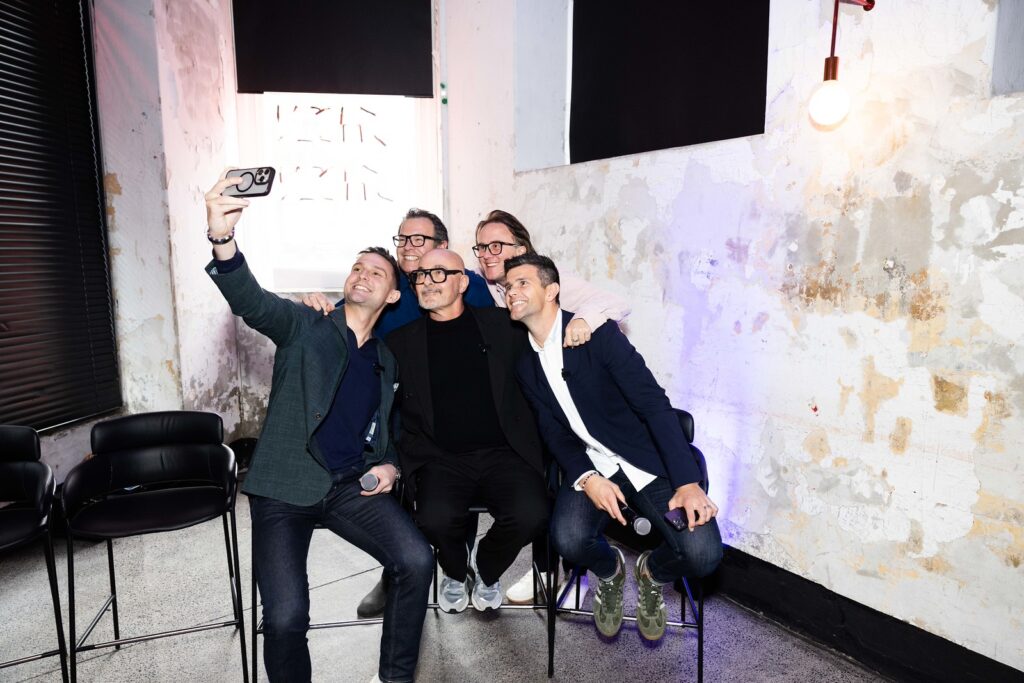The period before and after welcoming a new baby can be challenging for parents. In Australia, perinatal depression and anxiety affect one in ten new dads and around 100,000 families each year. These numbers are increasing in the aftermath of the Covid-19 pandemic. Parents are facing mental and physical struggles in caring for new babies without enough support.
New data from leading mental health organisation, Perinatal Anxiety & Depression Australia (PANDA), has shown that perinatal depression and anxiety has risen dramatically since covid. Demand for perinatal mental health support increased by 45% during the pandemic. After the easing of restrictions and the end of lockdowns, this number was expected to drop significantly. Instead, the new data shows that not only has demand failed to return to pre-covid levels, it has actually increased even further in the last 12 months.
The increase can be attributed to a number of factors in the post-pandemic world that have burdened parents. “Parents are experiencing a range of challenges around cost of living, economic factors and global events at a time when they are vulnerable and are often quietly trying to manage anxiety, depression or other perinatal mental health issues,” said PANDA CEO Julie Borninkhof.
The data also reveals an increase of 23% in callers to PANDA’s helpline. More than 30,000 respondents completed PANDA’s online mental health checklist. With 80% of new dads stating that they experienced a sense of disconnection from their friends and family. Almost half of the respondents felt disconnected from their baby.
The problem isn’t just that perinatal depression is rising, there’s a stigma surrounding the topic preventing parents from seeking help. 83% of the callers to PANDA’s Helpline had not spoken to a doctor or health care professional. 63% hadn’t even spoken to their partner about their struggles. Better support for new parents is one of the keys to reducing rates of perinatal mental health issues.
“These thoughts and feelings are very normal for new parents. But they can be hard to talk about and it can be difficult for parents to reach out to others and let them know they are finding new parenthood challenging,” Borninkhof said.
Owen Symes is a 37-year-old father from Adelaide who welcomed a new daughter in 2019. Owen faced difficulties after the birth of his child and is sharing his story. “I felt frustrated and useless that despite doing everything in my power I still could not make things better for my family,” Owen said.
Owen’s experience was not what he expected, “Usually for new parents the nights are the hardest part, but for me it was going to work in the morning.” He faced a challenge in supporting his wife, while not knowing how he could help her. “Every day was extremely stressful – for my wife who was home with our new baby and for me because was trying to reassure her over the phone while working an hour away,” he said.
Pullquote: “I was receiving tired, exasperated messages from my wife while I was at work, and I just had no idea what to say. I felt utterly useless and helpless.”
For Owen, reaching out and seeking help is what improved his mental health, “I got in touch with a men’s helpline to talk a few things through and researched some fatherhood websites for strategies.” He says reaching out is the best way to ease the burden. “Don’t be afraid to ‘call in for reinforcements.’ Your parents, in-laws, or GP might be able to help. Even merely as someone to talk to and offload the mental burden.”
Perinatal mental health week runs from November 6-12. This year, the theme is ‘Building Your Community of Care’. With a focus on encouraging parents to build a community that can support them through their perinatal journey. “Preparing a community care plan is as important as all other birth preparations and will ensure the support is in place from day one,” said Borninkhof.
If you or someone you love needs support:
– PANDA Helpline on 1300 726 306 (9am-7:30pm Monday-Saturday) or panda.org.au
– Lifeline: 13 11 14 (24/7) or lifeline.org.au















